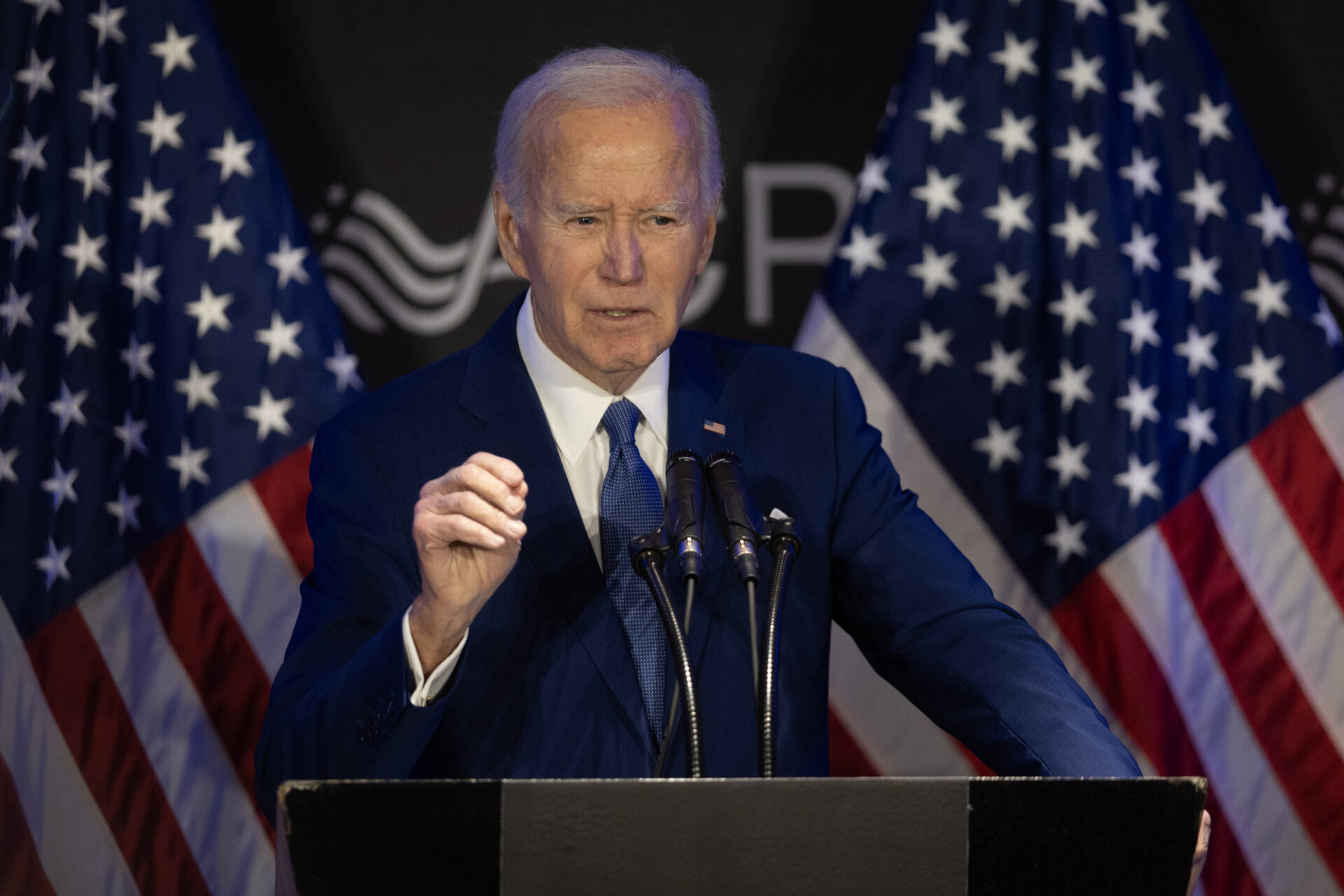In his first public remarks since stepping down from the presidency in January, Joe Biden largely stuck to the script that defined his four years. He assailed the Republican Party for standing for the rich and powerful while defining his own political brand as one that defends the working class.
Appearing at an event organised by the Conference of Advocates, Counselors and Representatives for the Disabled, Biden criticised the Trump administration for cutting staffing at the Social Security Administration, arguing that it made the lives of seniors of modest means much worse. He also cited Elon Musk’s claim that Social Security resembles a “Ponzi scheme”, arguing that “No one, no one, no one, should take it away”.
Defending Social Security has been core to the Democratic Party’s brand since Franklin Roosevelt established the system in the mid-20th century. When former President George W. Bush sought to introduce privatisation into the system during his second term, his approval ratings plunged and never recovered for the rest of his term.
Fighting the Republicans on this ground makes sense for Democrats, but it’s also telling that Biden did not join in a chorus of Democratic opposition to Trump on issues as varied as global tariffs to deportations without due process.
As Biden’s voice often softened to a near-whisper, it was easy to remember why he pulled out of the presidential race in the first place. By avoiding some of the most controversial fights happening in politics today, that may have been Biden’s way of tacitly admitting that he is no longer on the masthead of the Democratic Party.
Maybe this will be Biden’s role going forward. Rather than serving as the tip of the spear in attacking Trump, he will serve as a reminder of the Democratic Party as he represented it in Congress and the White House alike: a friend of workers and especially their earned benefits.
This means that Biden can strategically appear before audiences like the one he spoke to above, who are focused on legacy Democratic issues like protecting Social Security and disability rights, while younger Democrats like Maryland Senator Chris Van Hollen or New York Congresswoman Alexandria Ocasio-Cortez can take on things like the Trump administration’s suspect deportations to El Salvador.
This could allow the party to demonstrate one of its stronger features to the American people: its diversity. The Old Guard like Biden are well-suited to continue to hold up the mantle of Franklin Roosevelt on core economic issues while quietly helping the Democrats with tasks like fundraising with legacy donors. Meanwhile, the younger and more dynamic flank of the party can test out different approaches to tackling contentious issues around immigration, civil liberties, culture war issues, and foreign policy.
Over the next 18 months, we can expect Biden to continue to feel out his strong points — areas where he can remind Democrats of their glory days — as he hits the road to promote core party values. We shouldn’t be surprised if he picks more venues like the one he appeared at this week, where he can speak to older generations of voters who remember the solidarity of Franklin Roosevelt, the smarts of Bill Clinton, and the optimistic attitude of Barack Obama.
Biden’s evolving role may prove to be a strategic asset. No longer the face of the party, he now has the freedom to reinforce its foundational values — economic fairness, social safety nets, and respect for working Americans — without getting pulled into the daily partisan skirmishes. In doing so, the party can present not just a “Big Tent,” but a clear division of roles — where experience reinforces the message, and new voices drive it forward.











Join the discussion
Join like minded readers that support our journalism by becoming a paid subscriber
To join the discussion in the comments, become a paid subscriber.
Join like minded readers that support our journalism, read unlimited articles and enjoy other subscriber-only benefits.
Subscribe